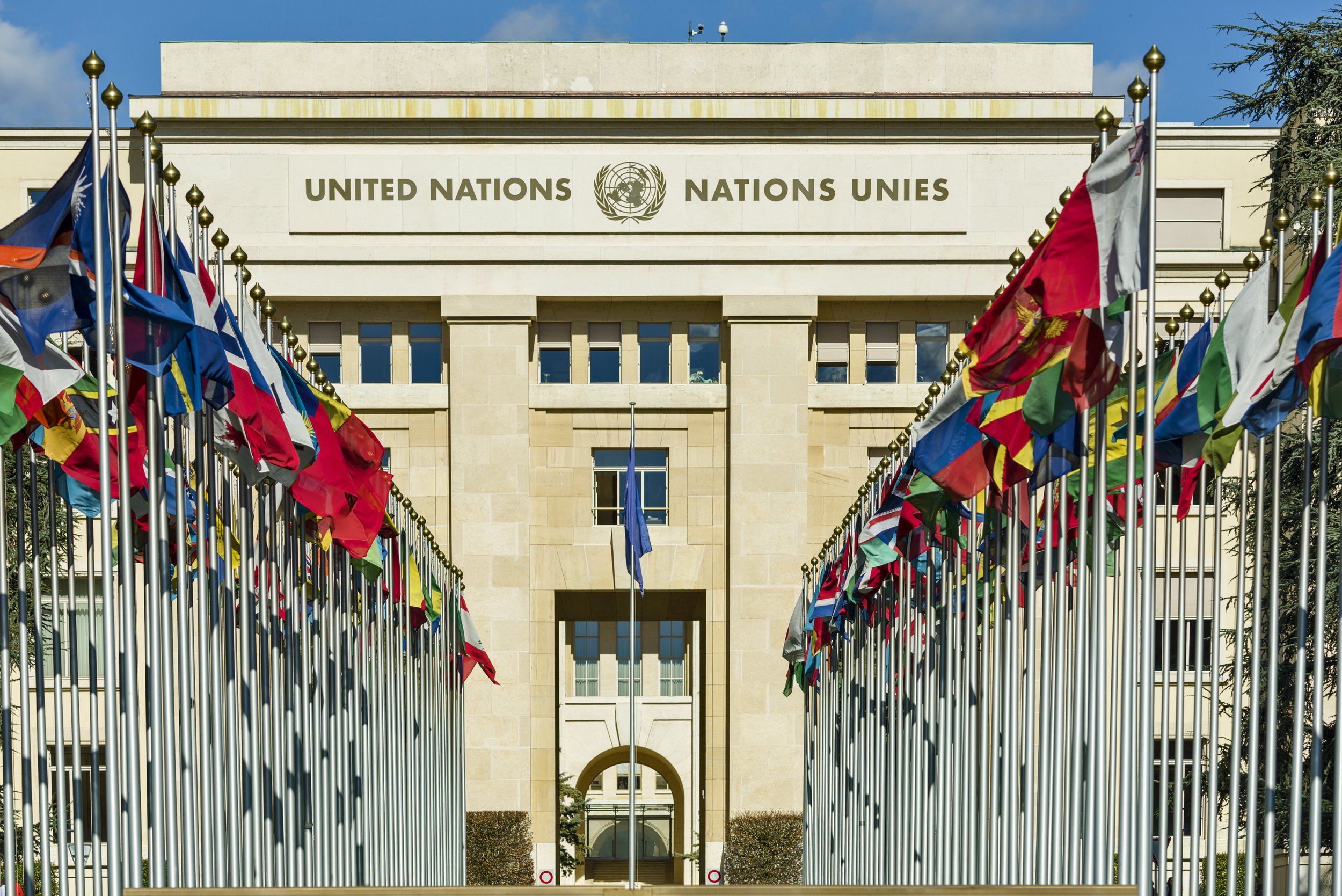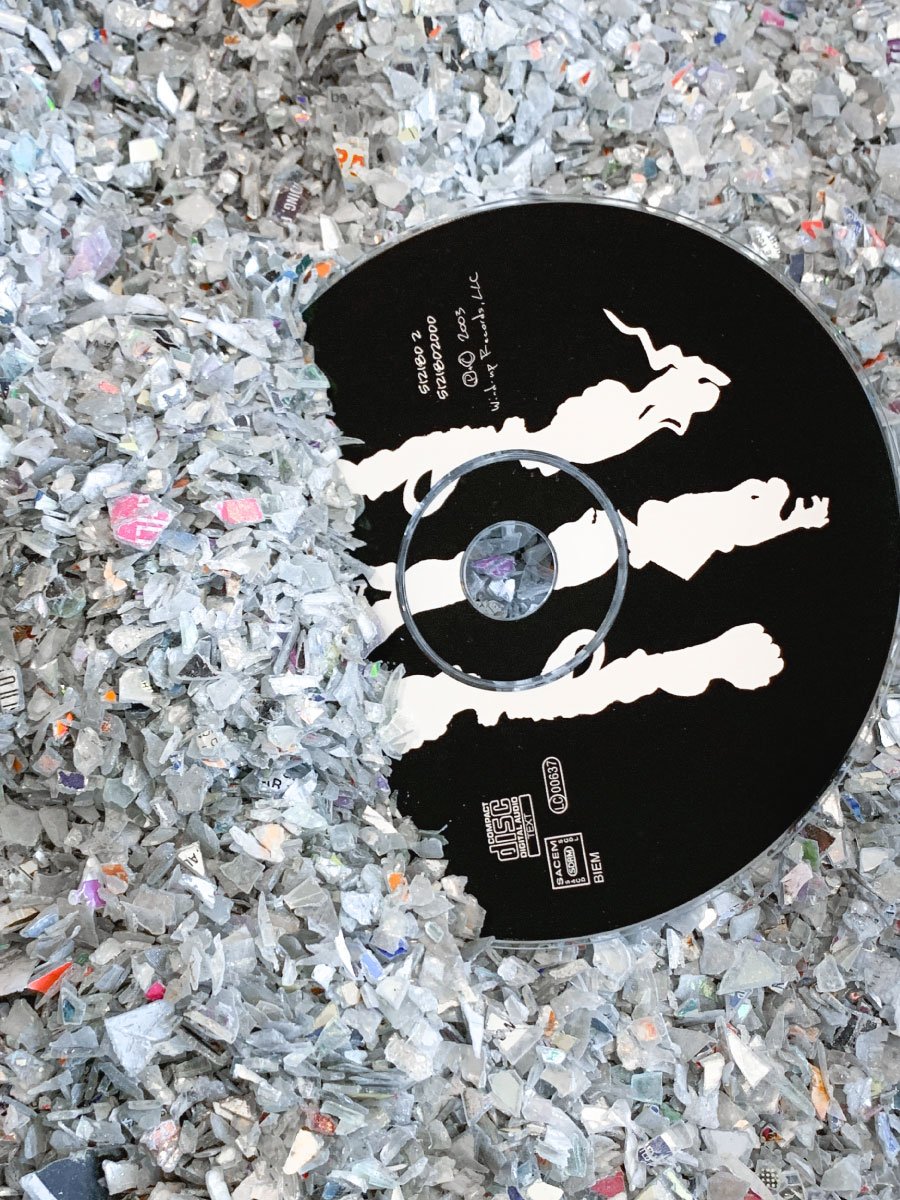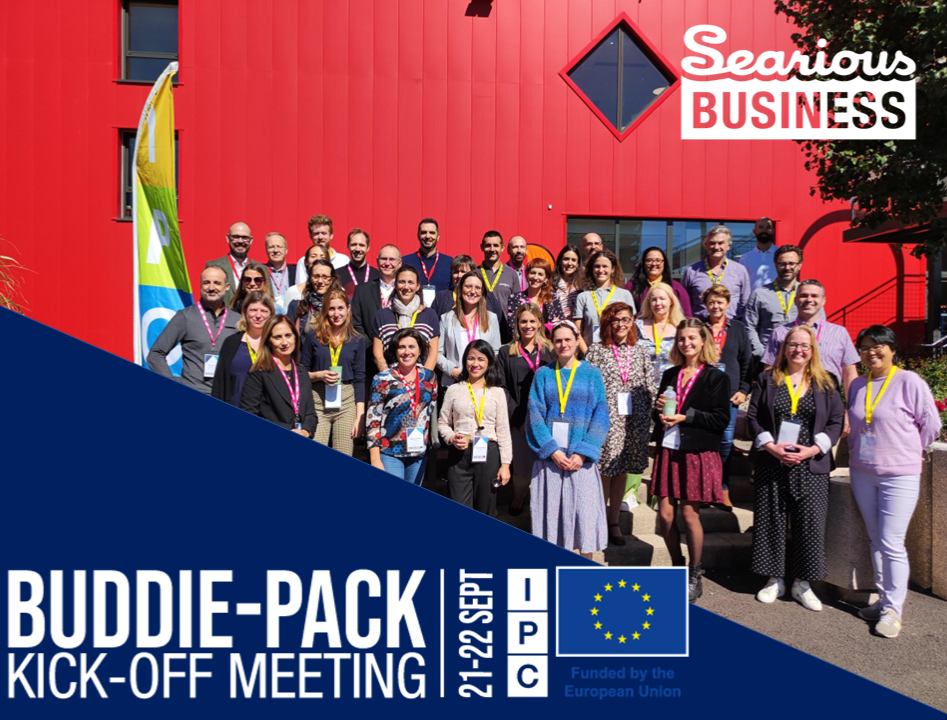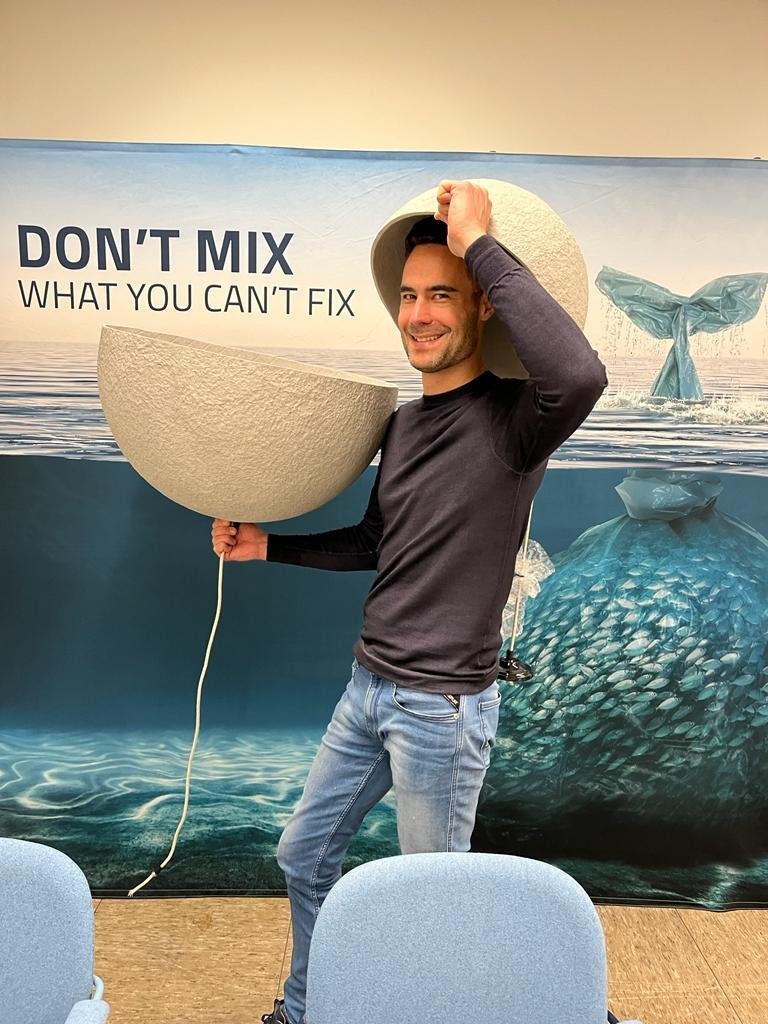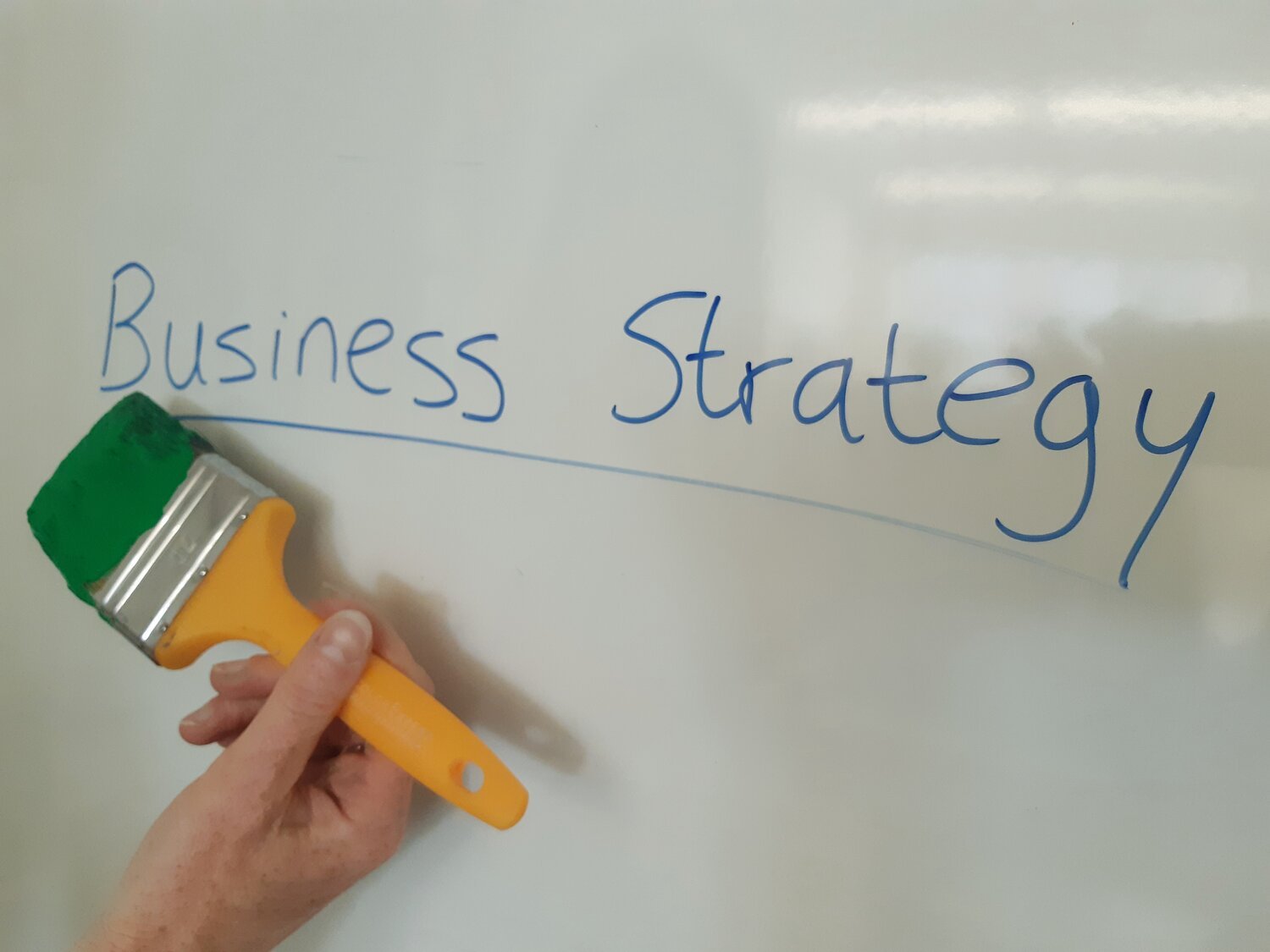A new study shows Indian Street Vendors offer a Strong Business Case for Reuse Solutions to Beat Plastic Pollution.
New Delhi, India — As governments, industry, academia, civil society and scientists gather in Nairobi, Kenya for the Third Intergovernmental Negotiating Committee for a Global Plastics Treaty, a new study by Searious Business, Zero waste Europe and the National Hawker federation shows informal street vendors in India make a compelling business case for reuse systems to significantly reduce all plastic production in order to stop plastic pollution of every kind, not just single-use plastics.
Breaking News: European Parliament's Groundbreaking Move for Sustainable Transport Packaging
October 26, 2023 - A defining moment emerged as the European Parliament's Committee on Environment (ENVI) recently approved pivotal revisions to the Packaging and Packaging Waste Regulations. This move signifies a monumental shift in combating pollution and reducing our reliance on fossil fuels across the entire packaging life cycle. The upcoming crucial step involves the European Parliament's final vote on the negotiating mandate during the November 2023 plenary session.
IUCN to lead new public-private partnership consortium, the End Plastic Pollution International Collaborative (EPPIC), partnership with the Aspen Institute, The Ocean Foundation, and Searious Business
A $14.5 million USD, a multiyear public-private partnership was launched today at the UN General Assembly with Host Consortium members International Union for Conservation of Nature (IUCN), the Aspen Institute, The Ocean Foundation, and Searious Business. This programme is generously supported by the United States Department of State, and aims to build strong, multi-stakeholder cooperation partnerships to end plastic pollution globally.
INC- 3 - Searious Business written statement
In response to the call from the INC secretariat to submit written statements following INC-2, Searious Business issued the following statement:
The talks must not be distracted into dealing with plastic pollution through a panacea of waste management. Cleaning up, collecting plastic waste, recycling it or using it for energy must be a last resort. Production needs to be capped, and reduction methods must be prioritised over increased circularity.
‘ No CD to Waste’
I love our planet. I love the fresh air I breathe, the clean water I drink, the beauty of nature around me - whenever I can get out of the city, that is ;-)
And I worry about climate change and pollution, threatening our livelihoods. A circular economy is a good way how to change business towards sustainability. I advise companies on this topic and enjoy helping them to rethink their business model.
In the project ‘No CD to Waste’, we are creating a clear pathway for used CDs and their cases, recycling them into high-end furniture design. So far, we have recycled 7,750 kg of Polycarbonate and Polystyrene and turned it into a valuable design – in the testing phase alone!




